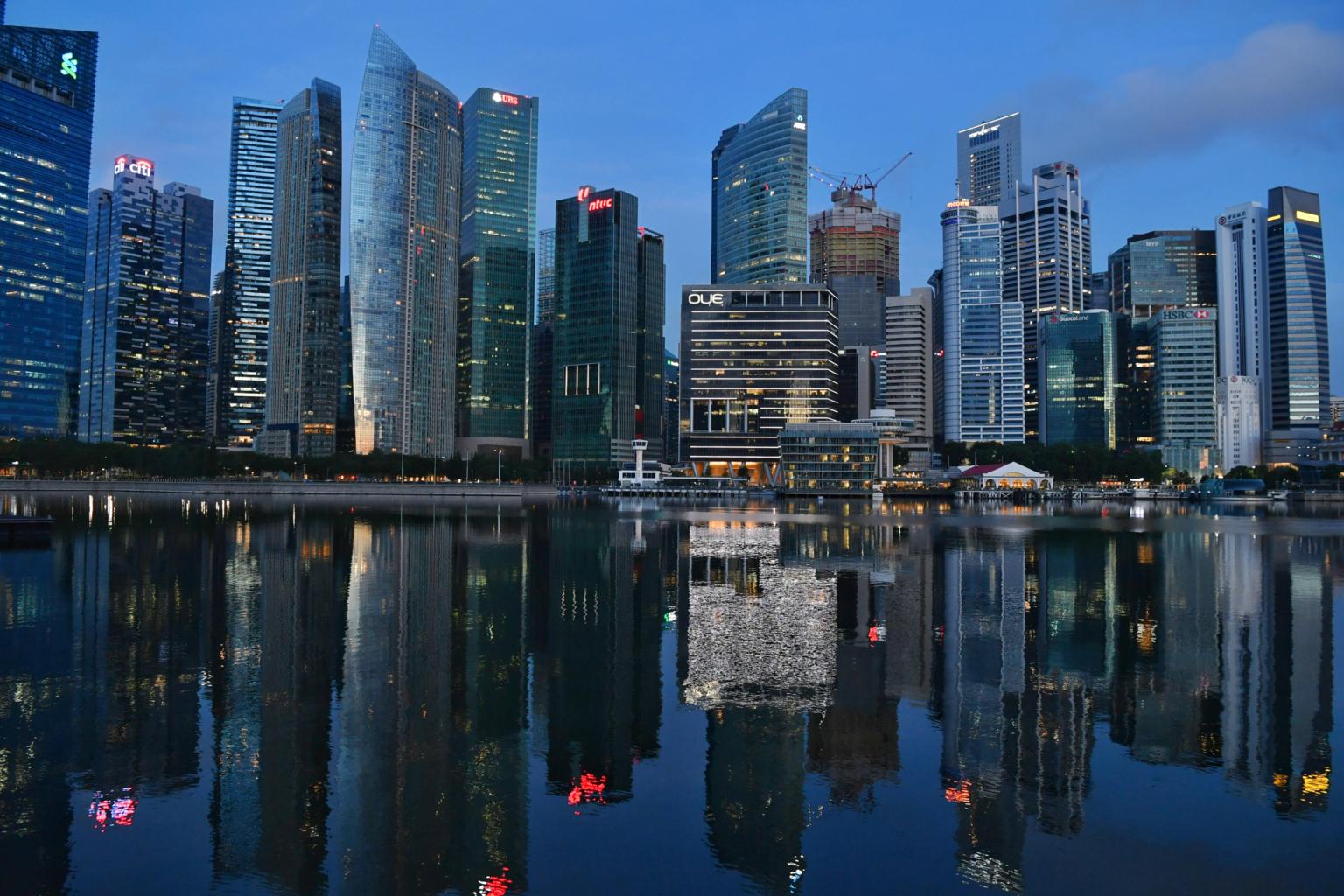Some firms welcome MAS' extended credit relief, others wary of downsides
Sign up now: Get ST's newsletters delivered to your inbox

SMEs that are in a position to pay off their interest and principal are looking to do so instead of further deferring loan repayments.
PHOTO: ST FILE
Firms that have taken a hit during the coronavirus pandemic have welcomed the Monetary Authority of Singapore's (MAS) extended credit relief measures, especially as business prospects continue to be hazy for the foreseeable future.
But while some say that the debt moratorium is a much-needed lifeline, others are wary of the downsides, especially the accumulation of interest rate charges.
On Monday, MAS announced the extension of several relief measures into next year, including giving firms between three and six more months to resume full loan repayments, depending on the sector.
Those in the hardest hit sectors - such as aviation, tourism and land transport - have been allowed to defer 80 per cent of principal payments on loans granted by banks or finance companies until June 30 next year. Others can defer payment until March 31.
Among those set to benefit from the extension is bus manufacturer SC Auto, for which the moratorium has helped eased the burden as it grapples with diminished revenue.
The company has drawn on loan facilities for growth and internationalisation in recent years, and took a loan from United Overseas Bank under the temporary bridging loan scheme earlier this year.
But the firm's managing director Rachel Lee is concerned that the three months of extension to March 31 may be insufficient, especially as there is no recovery in sight for the tourism industry, which SC Auto counts as a major customer.
"That is just six months from now, and it's quite unlikely that there will be significant recovery, not just for our company, but also for the world's economy, by then."
Mr Ang Yuit, vice-president of the Association of Small and Medium Enterprises, said the extension is much-needed by small and medium-sized enterprises (SMEs), which are highly geared and reliant on sectors worst hit by Covid-19, such as travel, tourism and even some retail segments.
But this is likely to be a small percentage of SMEs, he added, noting that the majority of firms have had some time to re-evaluate their market positioning over the past several months since the outbreak.
Meanwhile, SMEs that are in a position to pay off their interest and principal are looking to do so instead of further deferring loan repayments.
Gao Ji Foods managing director Chong Yik Hwee shared that the company had taken a temporary bridging loan from DBS Bank, which was a good lifeline during the circuit breaker period when business at its 65 food outlets - including restaurants and food stalls - dropped to about 50 per cent.
He said: "Most of our transactions are in cash, and if we are able to do so, we would prefer to pay off both the principal and interest. We would rather avoid owing the bank money if we can help it."
Mr John Kong, group chief executive of building materials supplier M Metal, said that while the company has been servicing its temporary bridging loan fully, the extension of the debt moratorium is a "good insurance policy".
But whether the company can continue its full loan repayments also depends on whether the construction industry, which it works closely with, gets back up to speed by the start of next year, he added.


